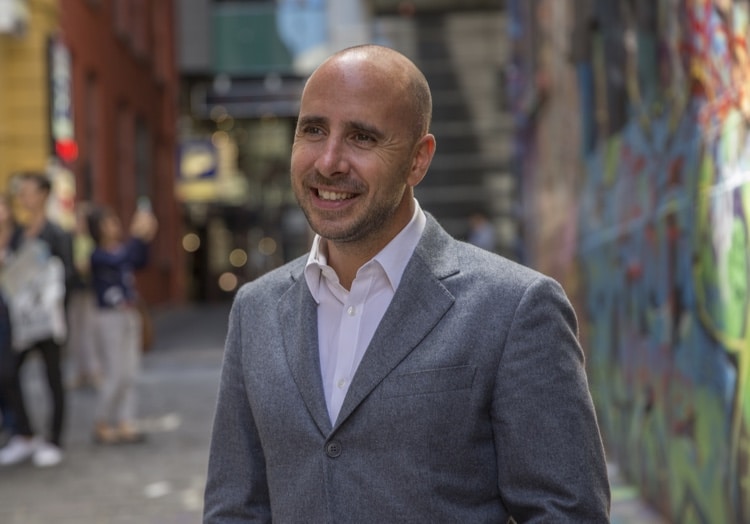I was driving down Pacific Coast Highway in Southern California this week, listening to the Mayor of Los Angeles discussing the challenges facing universities and their students.
Paraphrasing, it was something like, “imagine a passenger jet, deciding to change its seat configuration and electrical systems while flying at 30,000 feet, in the middle of a major storm, with low fuel. Well, that is what it’s like for universities to shift online, only harder”.
Universities have been around in some form or another for over 1000 years, making them one of the most enduring institutions in society. The past millennia has seen many iterations, from faculties of religious instruction to the turn of the century focus on liberal arts, to the modern-day focus on vocational and career outcomes.
But there has never been a challenge as great as an immediate, sector-wide movement to online delivery with zero notice period. For many of the most (academically) prestigious universities who have to date resisted the move to online degrees, it has turned into a disaster.
Online is no longer a choice, but a necessity dictated by government-enforced shutdowns. Imagine that the current crisis did not exist, but instead, governments simply consulted with universities about how long a total migration would take if they were required to close their campuses. They would no doubt have advised timelines of 5-10 years, perhaps even decades.
And for good reason.
All we have ever done at The Ducere Global Business School is deliver interactive online education, and yet we still learn, adapt and improve every day. Online done at its worst, is uploading bulk traditional materials or lectures to digital format. This is, in fact, how it was done in the early days of online learning in the ’90s, and what gave online education a pretty poor wrap.
On-line is a fundamentally different to face-to-face education. The materials, platform, delivery, and support mechanisms are all designed from the ground up, specifically to cater to remote, flexible learners, in a way that maintains, when done at its best, higher retention rates and even greater learning outcomes than traditional campus delivery modes.
Not all universities are in the same boat. Many have embraced online learning and offered fully online or hybrid degrees at very high quality for years. They are best positioned to weather the storm. A great example is Torrens University, who within days, was able to transition fully online and support quality education, leveraging off their strong history in digital capabilities.
Many other examples (I won’t name) are not quite so positive, such as US colleges with over a $100,000USD price tag with academics who have told me their transition to online has been “a total disaster“. Some solutions are more novel, such as prestigious schools in London setting exams with only a Pass / Fail to more easily allow students to progress to the next year and remain on track.
What seems easy in hindsight, is the reality that we live in a digital economy, and prestigious institutions that have not kept up with technological change, are now paying the highest price (in fact it’s the students paying the highest price).
The scale of the challenge is simply unprecedented. According to a recent Bloomberg, ‘Coronavirus Forces $600B Higher Education Industry Online’ article in the United States alone, of 1.5 million faculty, 70% have never delivered a single virtual class.
In an analogy to the Coronavirus, there is the highest urgency to create an immediate vaccine. But the medical community remains consistent, that a vaccine takes time, likely 18 months. It is just imaginary to believe it can be done in days or weeks.
So too with online education, there was a presumption that schools will be closed, you will start learning online next week. Clearly, there was no consultation with the sector about how long this would take.
Students now face incredibly hard decisions. There is no simple solution.
- Delay studies, with the flow-on effects of delaying graduation, entering the workforce etc. Arguably the worst option, aside from the obvious delay, but also because students, now home and unable to socialise, or attend part-time work have the opportunity to plow through even more studies than usual.
- Switch universities to one better equipped and resourced to deliver quality online education. Although there exist good mechanisms for transfer and recognising studies completed to date, this is still a significant task.
- Persevere with a less than satisfactory system of poor content, zoom calls not working and unclear expectations. Transparency should be expected, and universities that are not equipped for the transition should communicate this openly, rather than the current status of students just waiting to hear back on if and when classes will resume.
This is one of the most challenging times for the sector, and everyone is doing the best they can. In fairness, no universities planned for a potential 100% campus lockdown with no notice that could last months. At Ducere we have volunteered assistance to governments and universities around the world to contribute the knowledge and experience we can.










